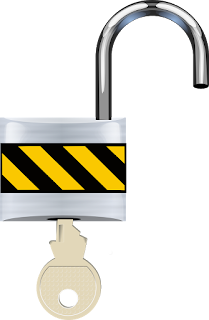Here are some tips to protect yourself from identity theft:
- Ask questions. If someone is asking you for personal information, question them. Don’t simply answer. Your personal information is protected by Canadian legislation such a PIPEDA, so don’t give it away without questioning the reasons.
- Protect your pin. This seems simple, but it’s surprising how many people don’t do this! Shield the keypad every single time you enter your pin.
- Guard your information online. Remember to clear your logins and passwords from your computer, and change your password, at minimum, once per month. Consider paying online with credit card rather than online payment services or debit. Credit card companies usually have guarantees to protect you.
- Watch out for phishing scams. Be alert when you see “pop-ups” that seem like they’re from a bank. This scam will ask for your personal information which they will try to use to access your accounts.
- Monitor your bank and credit statements. Keep an eye out for any suspicious purchases. You can go one step further and monitor your credit report through companies such as Equifax.
- Shred sensitive information. Be careful with your personal information. Any piece of paper that has personal information – including your name, address, account numbers, identification numbers etc. – can be used to commit fraud. Don’t just throw it out on the street, shred the paper first. And this includes old credit and debit cards.
- Secure your mail. This tip goes along with number 6! Be sure to shred or destroy all documents containing personal information. Especially that pre-approved credit card application that is mailed out.
- Don’t give out your social insurance number. There are very few organizations that should ask for this information. More importantly, only give this information to organizations YOU have initiated contact with (like banks, employers and government.)
- Only enter payments on secured sites. Look for the “paddock” symbol and sites that begin with “https.”
- Use complicated passwords. There’s a reason why you can’t choose “1234” for pin codes. Unique complicated passwords will give you an extra layer of protection. Try to stay away from passwords that can be easily guessed (like your birthday or child’s name).

No comments:
Post a Comment